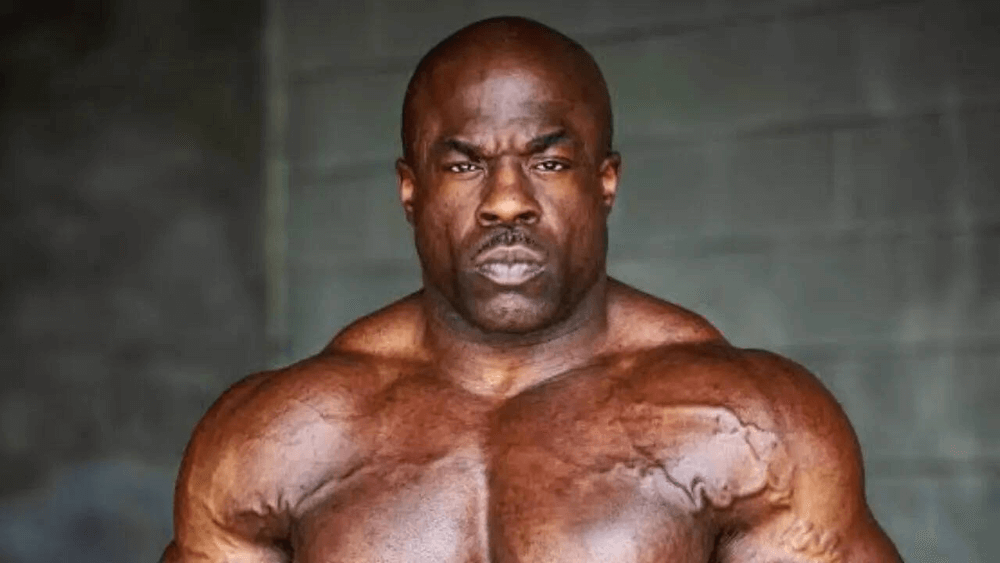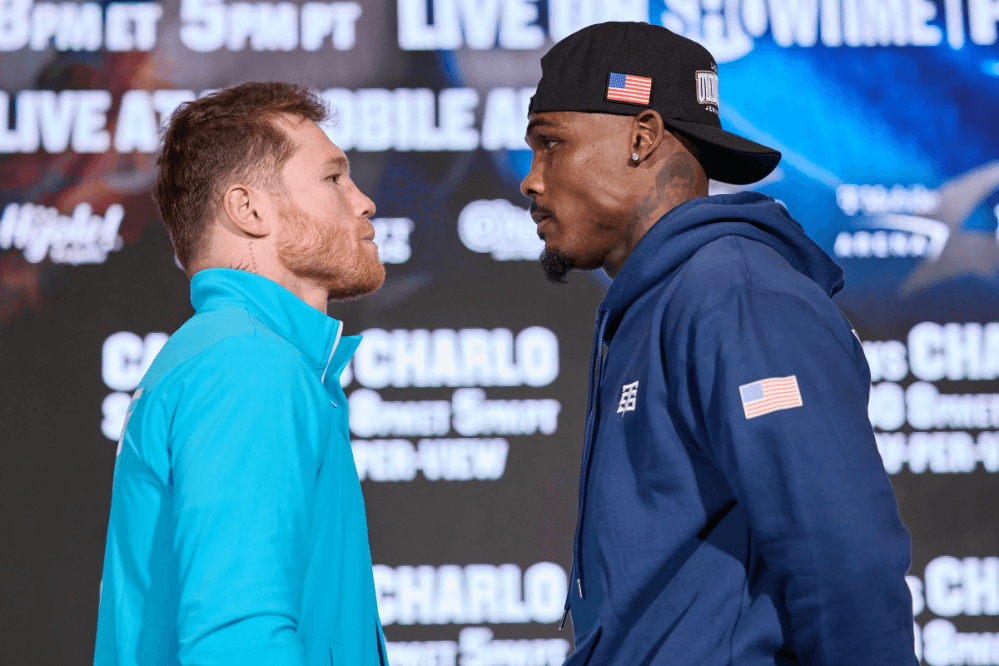Table of Contents
In the professional wrestling arena, few names shine as vivid as John Cena’s. With his charismatic personality, unparalleled work ethic, and impressive list of accomplishments, Cena has been a mainstay in the WWE for years. However, throughout his career, he has faced persistent allegations of steroid use.
Today, in this blog post, we will explore the controversial topic of “John Cena steroids,” dissecting the claims, separating fact from fiction, and examining the evidence surrounding this long-standing controversy.
The Rise of John Cena
Before delving into the allegations of steroid use, it’s crucial to understand the remarkable journey of John Cena. Born on April 23, 1977, in West Newbury, Massachusetts, he began his wrestling career in the early 2000s. Cena quickly rose through the ranks and became one of the WWE’s most iconic figures, earning numerous championships and accolades along the way.
The Allegations
The allegations against John Cena primarily revolve around suspicions that he used anabolic steroids to enhance his physical performance and physique. Some key points raised by Cena’s accusers include:
- Muscle Mass: Critics argue that Cena’s rapid muscle growth and muscular physique are beyond what could be attributed solely to natural genetics and intense training.
- Injury Recovery: Some believe that Cena’s swift recovery from injuries, which allowed him to return to the ring relatively quickly, may be indicative of performance-enhancing drug use.
- Physical Transformation: Cena’s transformation from a leaner physique earlier in his career to a more muscular build later on has raised eyebrows among fans and pundits alike.
- Vascularity: His vascularity, with highly visible veins, has also been cited as a potential sign of steroid use.
Cena’s Response
Throughout his career, John Cena has vehemently denied using steroids or other performance-enhancing substances. He attributes his success to an unwavering work ethic, a strict diet, and a dedicated training regimen. Cena has been a vocal advocate for clean, drug-free competition in professional wrestling.
The Science of Steroids
To gain a better understanding of the allegations, it’s important to grasp the science behind steroids. Anabolic steroids are synthetic versions of the male hormone testosterone. They can promote muscle growth, increase strength, and improve endurance when used. However, they also come with a range of side effects, including liver damage, cardiovascular issues, and mood disturbances. Learn more about how steroid works.
Examining the Evidence
Proponents of the theory that Cena used steroids point to his remarkable physique and rapid rise in WWE as evidence. However, it’s crucial to remember that extraordinary athletic achievement does not always indicate steroid use. Cena possesses a unique blend of athleticism, charisma, and dedication that has made him a superstar in the world of professional wrestling.
Furthermore, there is no concrete evidence or positive drug tests to support the allegations against Cena. While the absence of evidence does not definitively prove his innocence, it underscores the importance of relying on factual proof rather than mere speculation.
Takeaway!
The John Cena steroids controversy remains a contentious and complex topic within the world of professional wrestling. While allegations persist, no concrete proof has emerged to confirm his use of performance-enhancing substances. Cena’s career, both inside and outside the ring, is a testament to his undeniable talent and dedication to the sport.
As fans and critics continue to debate this issue, it is essential to remember that allegations alone should not tarnish a wrestler’s legacy. John Cena will always be remembered for his charismatic presence, incredible work ethic, and his impact on the world of professional wrestling, regardless of the persistent rumors.
Finally, the John Cena steroids controversy is a multifaceted topic that raises questions about talent, dedication, and allegations in the world of professional wrestling. It serves as a reminder that while legends may face controversy, their legacy is ultimately defined by their achievements and their contributions to the sport they love.






